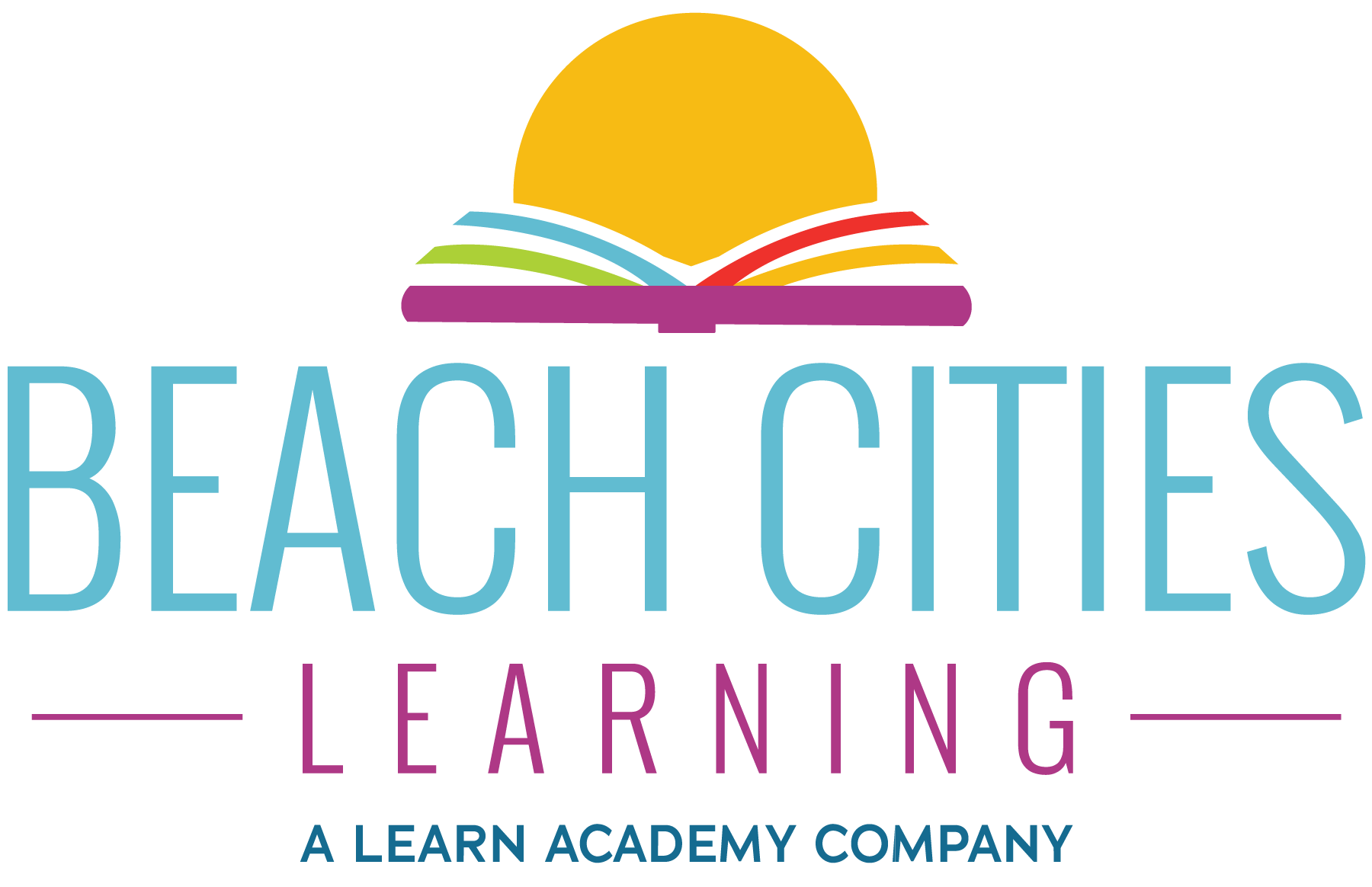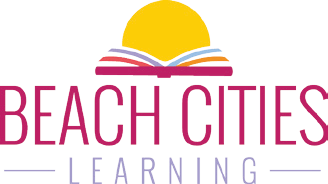Academic
Students participate in a traditional school day, which includes academic instruction from credentialed Special Education teachers using a combination of directed instruction, Hybrid online instruction, and individualized academic contracts.
Direct Teaching
Students participate in the traditional school day which includes a minimum of 314 minutes of instruction from credentialed Special Education teachers using a combination of direct instruction , online instruction and individualized academic contracts.
Class sizes are small allowing for dynamic student-teacher interaction. Each class consists of one credentialed special education teacher and one instructional aid. They typical class ratio per class is six to one. In addition our teachers and staff also function as mentors and advisers for our students in order to create a solid foundation for lifelong learning. Our curriculum is modeled after the local schools district and is provided for grades 2-12, The curriculum consists of an individualized array of academic, emotional, behavioral, vocational services and extracurricular activities.
Blended Online
Students have an opportunity to participate in a variety of online courses designed for general education and individualized for special education students. Our program offers a blended learning environment and students can be enrolled in a combination of direct teaching classes and virtual classes.
Dual Enrollment
Dual enrolled students are blending their Beach Cities Learning Center school day along with mainstreaming of classes. Dual-enrollments are available for students who upon achievement of appropriate academic, social emotional, and W.A.V.E.S. program progress are able to participate in blended mainstream programs. Students participate in in a blended day schedule leading to full time reintegration with local home district. Dual enrolled students are also provided with opportunities for participation in classes at local community Occupational Centers (e.g., SCROC) and attend local community colleges.

